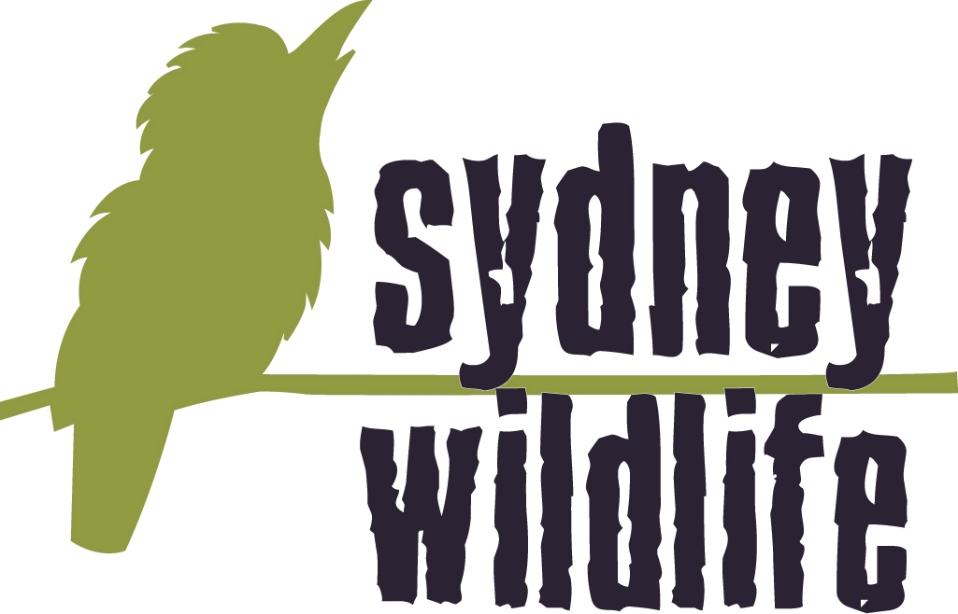Mother Nature
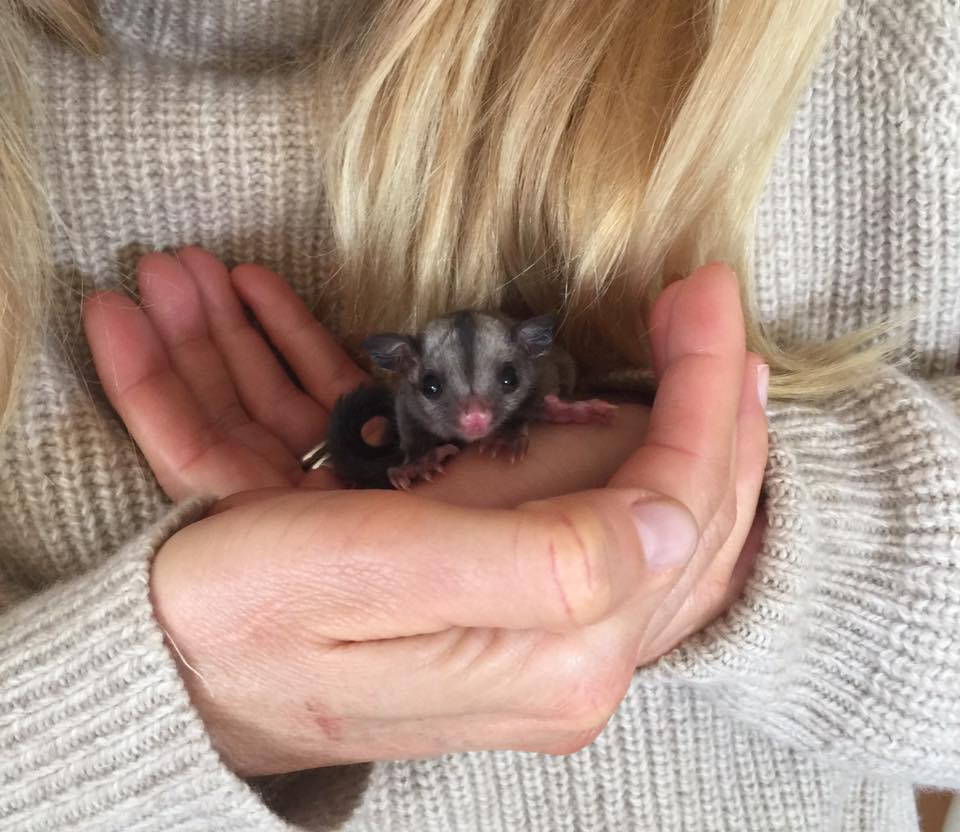
Mother Nature
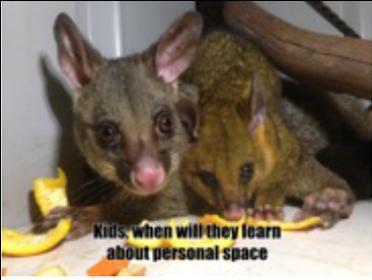
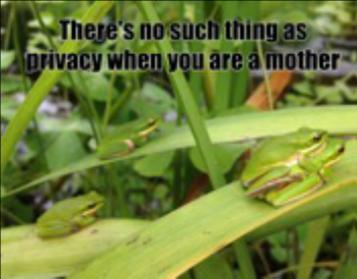
Have you ever wondered if wild animals experience the same feelings of elation and exasperation from motherhood as humans do?
Have you ever wondered if a mother bird roll her eyes in frustration when her baby doesn’t learn to fly after 10 attempts? Or if a mother bandicoot gets annoyed when her 5 babies don’t stop squirming in her pouch while she tries to sleep? Well, as wildlife rescuers, we get to observe many things that others don’t get the opportunity to see.
We have seen a mother python come back to look for her eggs after a construction vehicle almost squashed them all. We moved the eggs for safety and she kept coming back to find them - desperately slithering around and around in the spot where she had left them. We had to move her out of the way of an approaching digger to ensure that she, too, didn’t get squashed.
We have had a mother kangaroo circle us anxiously as we tended to her injured joey in the fire-grounds. She would not leave that baby’s side.
We have witnessed the dedication of a mother bird listening to her hungry chick’s endless ‘peeping’ for food and have seen a mother flying fox scream for her entangled pup until it was freed. They feel overwhelming love for their offspring. They will protect them with their dying breath. They will give up their food to feed their youngsters. (They also have moments where they would appreciate having 5 minutes’ peace away from the little pests :D) They really aren’t too different from us.
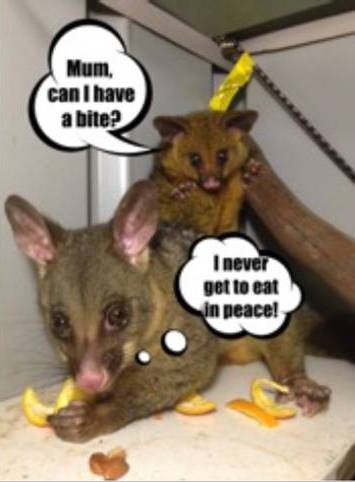
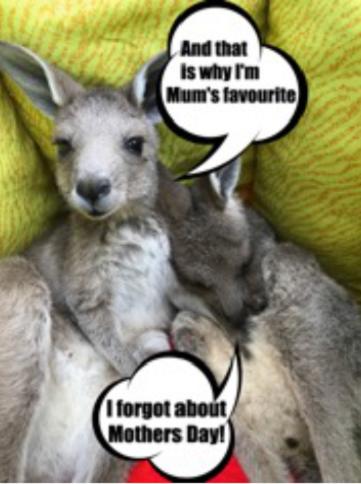
Mothers come in many different forms. Human mums with human babies; animal mums with animal babies; animal mums with adopted animal babies and human mums with adopted animal babies. Interspecies adoption happens a lot in wildlife rescue. If a baby animal is orphaned, we might step in and fill the role of mum until the baby can fend for itself. Many of our Sydney Wildlife rescuers have been ‘mum’ to countless orphaned possum joeys, wallaby joeys, bandicoot joeys and kangaroo joeys, as well as a multitude of baby birds (chicks) and flying fox pups. We do what we can
to provide what mum provides: a warm and safe pouch or nest, milk or food and toiletting procedures. We also give comfort if the baby is distressed. In many cases, we put babies of the same species together as having buddies reduces stress and allows them to be with their own kind.
As with human babies, we have to get up to the critter babies at night-time and feed them - sometimes multiple times if they are very young.
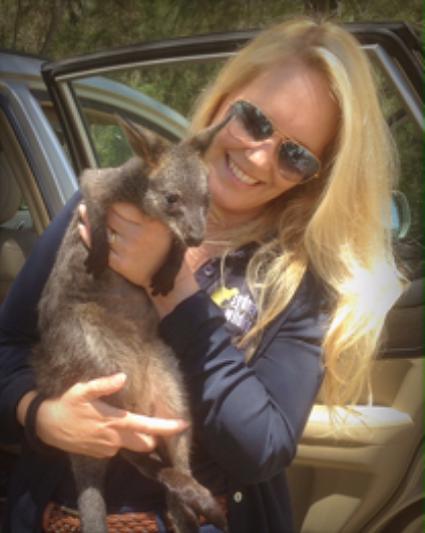
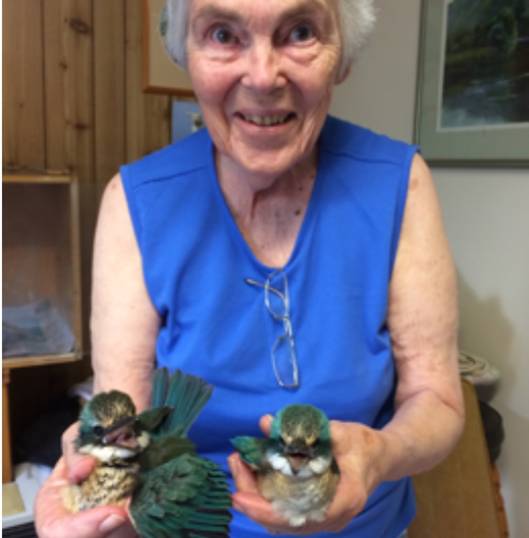
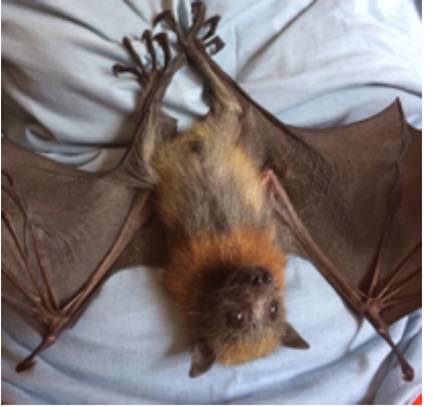
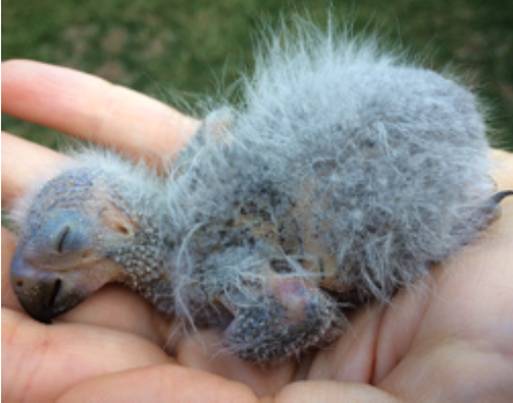
Top left: swamp wallaby joey with his carer, Lynleigh. Top right: juvenile sacred kingfishers with their human mum, Margaret. Bottom left: flying fox pup attached to his human mum, Lisa. Bottom right: lorikeet chick.
So this Mother’s Day, let’s celebrate ALL mums not just those who are human or just those who are raising humans. Being a mother is about so much more than just birthing a baby. It’s a job that has rough hours, no pay and multiple frustrations. But it is one that we choose because the rewards far outweigh the awful pay :)
So to all our motherly figures out there:
HAPPY MOTHER’S DAY!!!
From everyone at Sydney Wildlife xxx
If you find injured wildlife, please contact:
Sydney Wildlife on 9413 4300 or Wires 1300 094 737
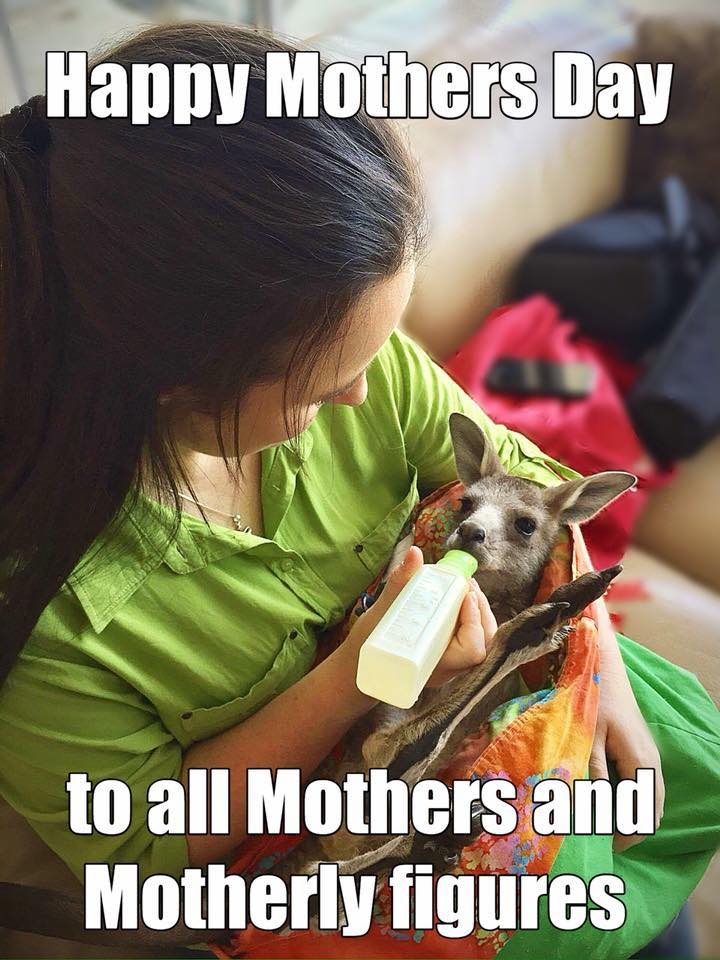
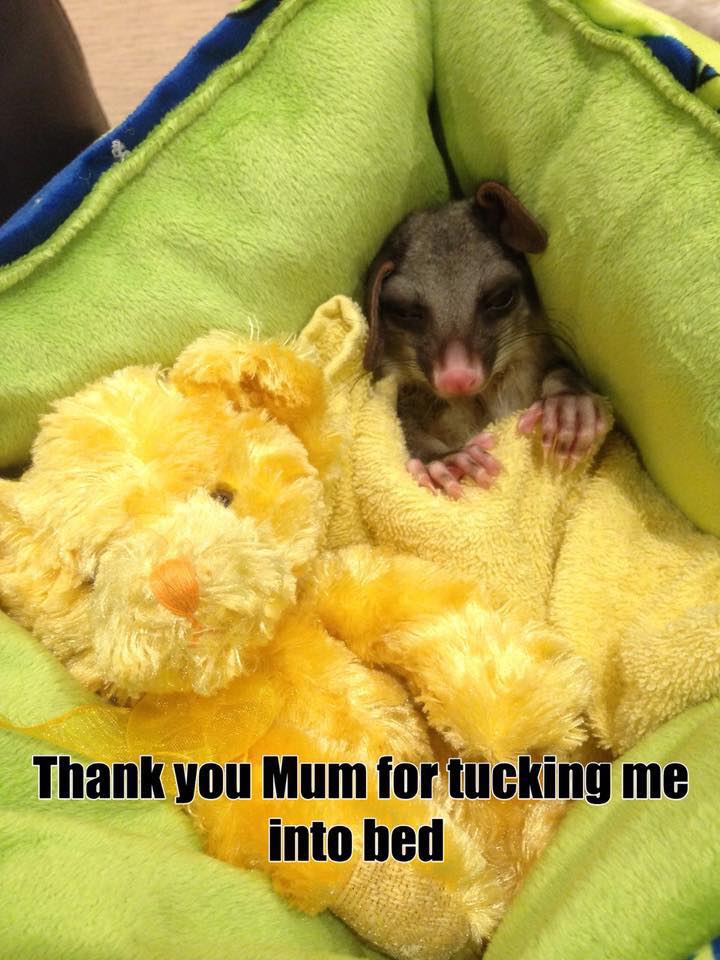
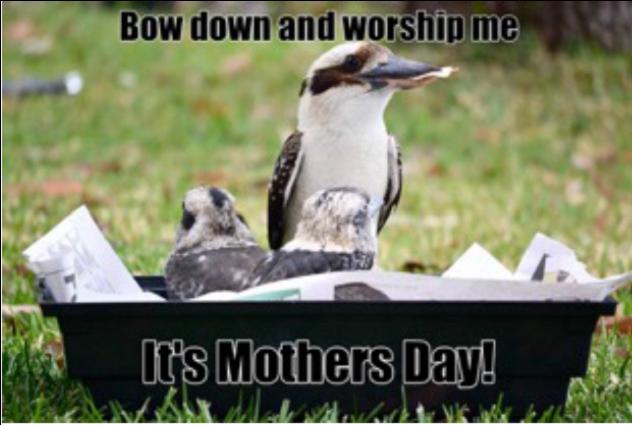
Mother’s Day Memes crested by: Nicole Wedlock
Article by Lynleigh Greig
